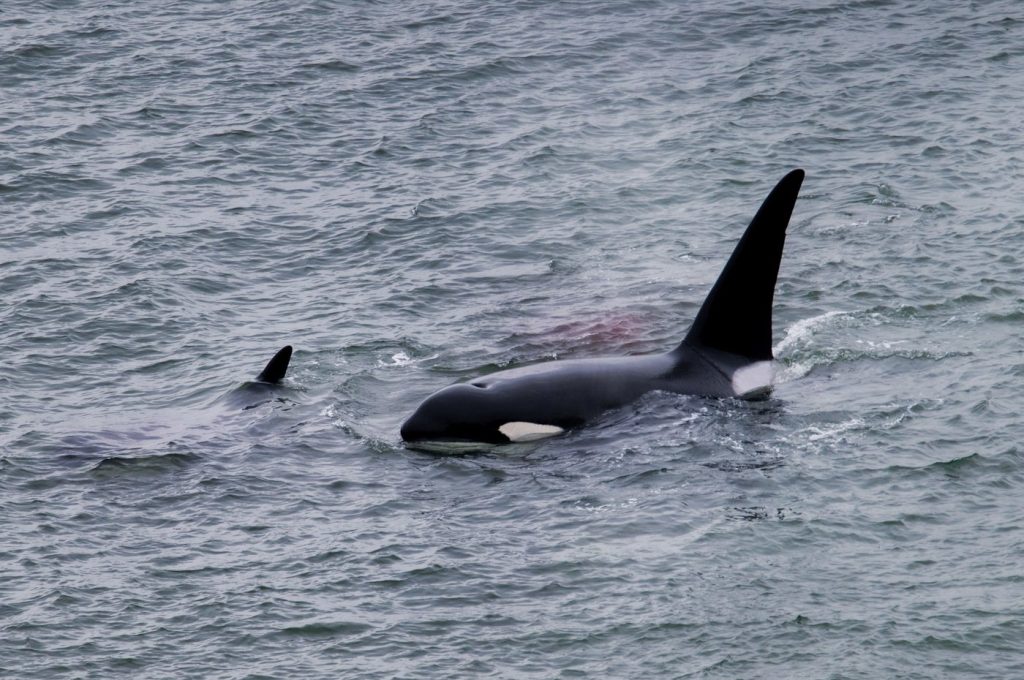Chatchawan Jaksuwong, a photographer who moved to Vancouver from Thailand two years ago, now experiences a profound connection with the ocean, attributing this newfound feeling to his encounters with whales. Initially feeling empty when gazing at the ocean, Jaksuwong describes his current perspective as warm and connected. This emotional shift illustrates the growing community of whale enthusiasts in Vancouver, driven by the increasing number of whale sightings in urban waters.
Experts attribute the resurgence of orcas, humpbacks, and other marine mammals in the region to significant improvements in marine conservation since the end of commercial whaling in British Columbia during the late 1960s. The cessation of large-scale culling of seals and sea lions, which are essential prey for certain killer whales, has contributed to this recovery. Andrew Trites, leader of the Marine Mammal Research Unit at the University of British Columbia (UBC), emphasizes that whales are "ambassadors of the Salish Sea," providing an opportunity to boost public awareness regarding their habitat and the importance of marine ecosystems.
Jaksuwong, who previously had only seen a whale from afar during a tour off Vancouver Island, is now captivated by the excitement of spotting whales from the city's shore. An encounter last month prompted him to chase after a pod of whales reported passing through Stanley Park, resulting in breathtaking photographs as he witnessed the whales hunt a seal. He expressed a sense of luck and fulfillment in observing such dynamic wildlife moments in their natural habitat.
He actively engages with the local whale-watching community through the Facebook group "Howe Sound and Sea to Sky wildlife sightings," which has nearly 27,000 members dedicated to sharing encounters with orcas and other wildlife. This online network has allowed Jaksuwong to connect with fellow enthusiasts, sharing whale-sighting updates and experiences together in real-time.
Furthermore, Erin Gless, executive director of the Pacific Whale Watch Association, notes a significant increase in whale sightings around Vancouver in recent years, which fosters a deeper personal connection between people and individual whales. Gless explains that whale-watching operators are investing in storytelling, personalizing encounters by detailing the histories and behaviors of specific whales to enhance public engagement.
Trites reflects on his years of research, having come to British Columbia in 1980 when whale populations were heavily diminished, highlighting the long road to recovery for species like the humpback whale. Despite the positive trends, he points to ongoing challenges, including the endangered status of southern resident killer whales, which face threats such as declining prey populations, particularly chinook salmon, and risks from shipping traffic.
On the other hand, the local seal population stabilized and flourished under the protection efforts, allowing for healthier marine ecosystems. Trites emphasizes the potential for nature's self-recovery if human interference is minimal, calling for ongoing conservation efforts as the region progresses in marine mammal recovery.
As Jaksuwong continues to scan the waters for whales, he finds joy not only in his personal observations but also in sharing these experiences with others. His enthusiasm resonates with onlookers as they witness the beauty of orcas, reinforcing the rewarding nature of engaging with the diverse and thriving marine life off Vancouver’s shores.











